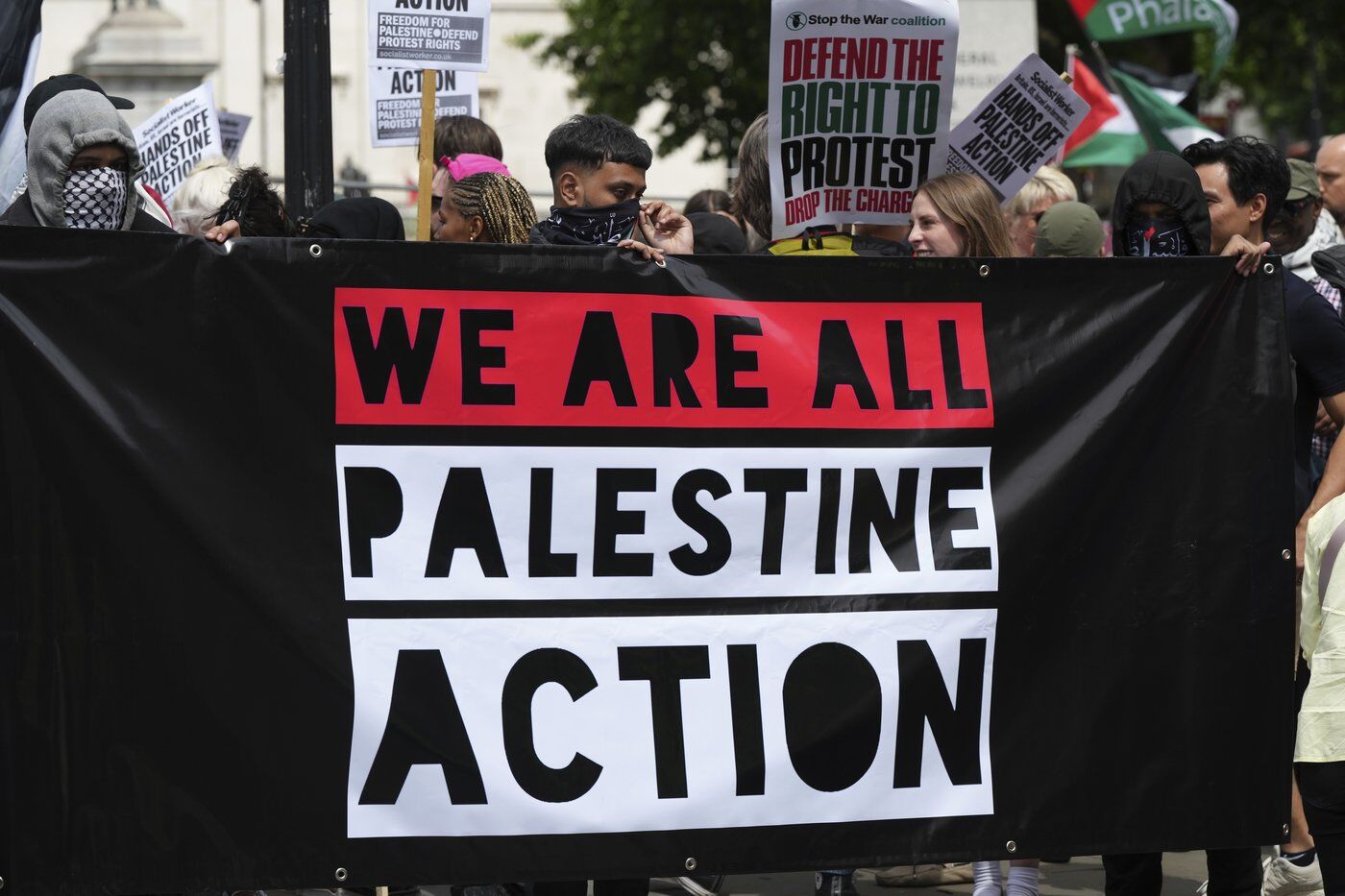
Introduction
Palestine Action is a grassroots organisation based in the UK that focuses on highlighting and combating the Israeli occupation of Palestine through direct action. As recent events continue to draw global attention to the Palestinian cause, the activities of Palestine Action have become increasingly relevant, particularly in the context of the ongoing geopolitical tensions in the Middle East. The movement has both supporters and critics, making it a crucial player in contemporary discussions about human rights and international solidarity.
Recent Events and Actions
In 2023, Palestine Action has ramped up its campaigns, focusing on direct actions such as protests, sit-ins, and the occupation of corporations it links to the arms trade with Israel. One of the major actions this year occurred in London, where activists occupied the offices of a security firm allegedly supplying services to the Israeli military. This event drew dozens of participants and garnered significant media coverage, reinforcing the group’s commitment to non-violent civil disobedience as a means of raising awareness about ongoing injustices in Palestine.
The group’s tactics have sparked discussions across various platforms, with advocates praising their bold approaches while opponents express concern about the legality and potential disruptions caused by such actions. In light of recent escalations in conflict between Israel and Palestine, the urgency of their activism seems to have gained a new focus, mobilising a younger demographic passionate about social justice.
Impact of Palestine Action on UK Society
As Palestine Action grows, so does its influence on public consciousness surrounding the Palestinian issue. The groups’ efforts have led to increased debate within the UK Parliament concerning the arms trade and international human rights obligations. Moreover, several universities across the country have seen student-led initiatives that echo Palestine Action’s principles, encouraging discussions on boycotts, divestments, and sanctions (BDS) as they relate to the Israeli state.
Public demonstrations organised by the group have also drawn attention to responsible consumerism, urging individuals to reconsider their purchases from companies involved in the arms trade. This intersection of activism and consumer awareness illustrates a shift in how younger generations engage with political issues and the ways they express solidarity with international movements.
Conclusion
As Palestine Action continues to evolve and adapt its actions, it remains a notable force within the broader movement for Palestinian solidarity. The group’s determined approach has not only highlighted the plight of Palestinians but has also fostered a resilient community in the UK committed to advocacy and social justice. Looking forward, the role of Palestine Action may continue to grow, particularly if the situation in Palestine remains precarious and calls for accountability and support echo within global society. The significance of their actions lies not just in raising awareness but also in inspiring collective action for broader human rights issues that transcend borders.
You may also like

Understanding the Current Political Landscape in the UK

Boris Johnson: A Look at His Current Political Landscape

Recent Developments Involving Jacob Rees-Mogg
SEARCH
LAST NEWS
- Remembering Wendy Richard: The Promise to Co-Star Natalie Cassidy
- How Did Anglian Water Achieve an ‘Essentials’ Rating for Mental Health Accessibility?
- Shai Hope Leads West Indies in T20 World Cup Clash Against South Africa
- What We Know About Weston McKennie: Future at Juventus and Past at Leeds
- What We Know About the Upcoming Live Nation Antitrust Trial